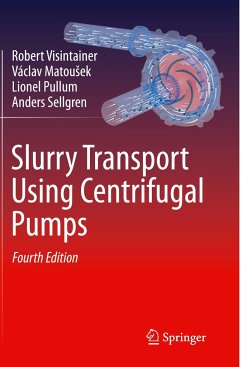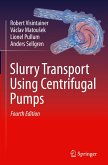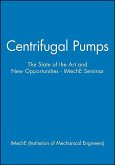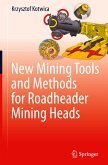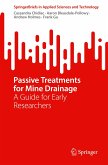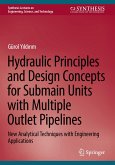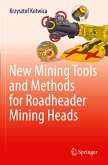This book is based on the industry leading short course of the same name hosted by the GIW Industries Hydraulic Laboratory and founded by Dr. Roland Clift and Graeme Addie, who together with Dr. Ken Wilson continued its development and authored the first edition of this textbook. This fourth edition has been extensively updated by the international team of engineers and authors who inherited this legacy and continue its development to the present day. Focusing on the hydraulic design of slurry pipelines, the pumps that power them, and the interactions between pumps and systems, it retains the classroom tested balance of theoretical development and practical engineering which have made it a slurry transport classic. The topics covered are important to slurry system engineers for the optimization of new designs, as well as the operators of existing systems, who may need to calculate and plan for changing conditions from day to day.
Updates to the fourth edition include:
· Careful formulation of the theoretical concepts, providing greater clarity of slurry flow dynamics, including a new chapter on the principles and characterization of slurry flows.
· Expansion of the 4-Component Models for settling slurry pipeline flow and pump solids effect, based on an extensive series of full-sized tests.
· An expanded treatment of complex slurries, including a broader discussion of non-Newtonian fluids and their interaction with coarse particles.
· A new chapter on test methods, presenting an overview of slurry system instrumentation, moderntechniques for characterizing slurry rheology, and practical advice for planning and executing a slurry test.
· An overview of advances in the computational modeling of slurries, including an in-depth parametric study of slurry pump wear and operating cost.
The authors highlight methods for achieving energy efficiency, which are crucial to the effective use of scarce resources, given the foundational role of slurry transport systems in the energy intensive industries of mining and dredging. Key concepts are supported with case studies and worked examples.
Slurry Transport Using Centrifugal Pumps, fourth edition, is both methodical and in-depth. It is ideal as a teaching tool for classroom or self-directed learning domains, and valuable as a design guide for engineer practitioners at all experience levels.
Updates to the fourth edition include:
· Careful formulation of the theoretical concepts, providing greater clarity of slurry flow dynamics, including a new chapter on the principles and characterization of slurry flows.
· Expansion of the 4-Component Models for settling slurry pipeline flow and pump solids effect, based on an extensive series of full-sized tests.
· An expanded treatment of complex slurries, including a broader discussion of non-Newtonian fluids and their interaction with coarse particles.
· A new chapter on test methods, presenting an overview of slurry system instrumentation, moderntechniques for characterizing slurry rheology, and practical advice for planning and executing a slurry test.
· An overview of advances in the computational modeling of slurries, including an in-depth parametric study of slurry pump wear and operating cost.
The authors highlight methods for achieving energy efficiency, which are crucial to the effective use of scarce resources, given the foundational role of slurry transport systems in the energy intensive industries of mining and dredging. Key concepts are supported with case studies and worked examples.
Slurry Transport Using Centrifugal Pumps, fourth edition, is both methodical and in-depth. It is ideal as a teaching tool for classroom or self-directed learning domains, and valuable as a design guide for engineer practitioners at all experience levels.

